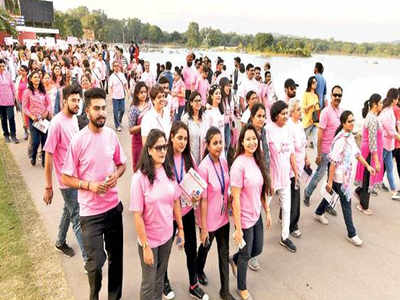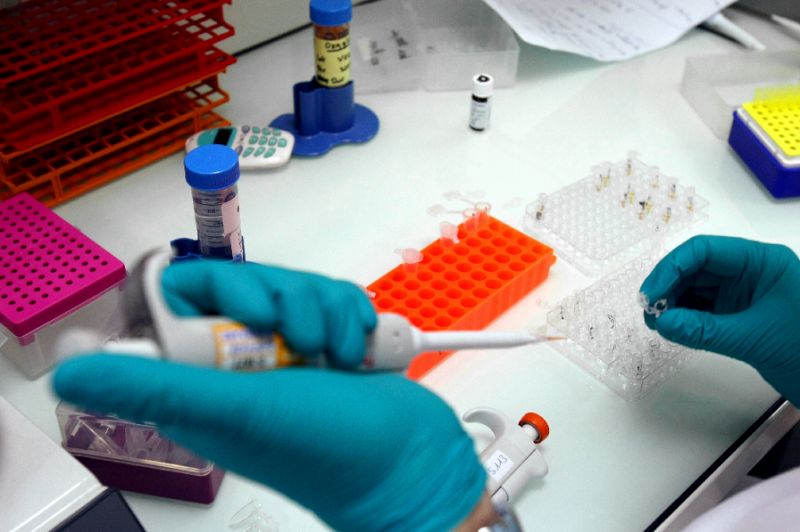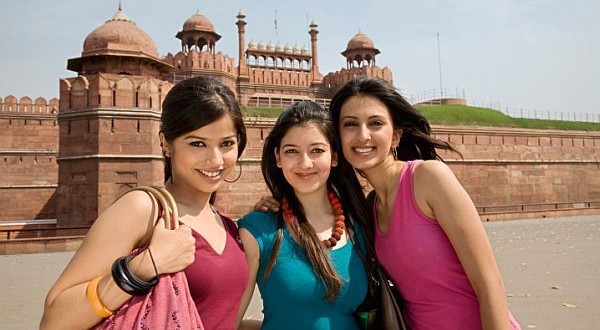Dhule|HL
Dr Ravi Wankhedkar Health Activist & Past President Indian Medical Association
With no control of the pandemic in sight, desperation and fatigue has set it. All of us feel that a vaccine will be the key to the EXIT strategy to return to normal. This is mostly true. But there are many uncertainties which we all need to understand about vaccines as ‘The ‘ ultimate answer to the current crisis.
There are complexities of developing a vaccine at ultra-short notice.
An effective vaccine that is too complex to make in bulk, or is difficult to formulate, is highly unstable without refrigeration or freezing, is challenging to administer or that requires too many doses over a prolonged period may represent a Pyrrhic victory for science, but not the answer to the problems faced by the societies that science serves.
1- When will it be available?
Scientists are surging forward with possible COVID-19 vaccines,but they’ve still got a long way to go.
In the history of medicine, rarely has a vaccine been developed in less than five years.
Enormous amounts of public money and resources poured into vaccine research and development have resulted in more than 150 COVID-19 vaccine candidates, ten of which are now in clinical trials. The most advanced candidate is AZD1222, first developed by researchers at the University of Oxford.
Developing a successful vaccine is hit or miss under any circumstances. And SARS-Cov-2 is a fickle and baffling new virus.
If everything goes smoothly you might know as early as start of next year you have a vaccine that’s likely to be effective.
Normally safe vaccines take years to develop but thx to modern technology & Augmented Intelligence scientists hope they can now be developed within a year.
Indeed, the story of vaccine development is largely the story of failure.Most research efforts end where they begin -in the lab.It can be very difficult to find the weak spot in a virus and how to get the immune system to launch a counter-attack. Many viruses also mutate, making them harder to disable. That’s proven to be particularly true of HIV/AIDS.
Some research efforts do produce experimental vaccines, and they often work well in animals. But then they fail in humans.
Scientists have a phrase for it: “ Mice lie, monkeys exaggerate “
2 – Will it be effective?
Vaccines induce immunity. What will be the type, effectiveness and duration of this immunity is important. Ideally, vaccines would prevent infection entirely, inducing what’s known as “sterilizing immunity.”But early work on some of the vaccine candidates suggests it will give “ protective immunity “ – they may not stop infection in the upper respiratory tract but will prevent it from infecting lower resp tract, thus preventing severe complications & mortality.
Whether a single dose of vaccine will give life long immunity or like Flu vaccine it will have to be taken yearly is to be seen. It’s likely that vaccination won’t be a one-time affair. As the virus changes and immunity wanes, people will need to be immunized again. There’s no telling how often that will have to happen, though studies of other coronaviruses suggest that immunity could last for a few years.
3 – Will it be safe?
Vaccines have to be very safe and effective. If a vaccine isn’t manufactured correctly, it can hurt or kill people.Unlike with drugs, you’re administering them to healthy people !We can administer untested n unproven drugs as treatment as life saving measure, but same cannot be true for giving vaccines. History is replete with complications of vaccines which may be counterproductive.
In the rush to be the first in discovering vaccine , Safety can’t be overlooked.
“The ‘ biggest challenge’ will come once an Effective & Safe vaccine is discovered “
Meeting the overwhelming demand for a successful coronavirus vaccine will require a historic amount of coordination by scientists, drugmakers and the government.The nations supply chains need to be ready for such an effort.
4 – How much doses will be required?
It depends on the timeline. To achieve Herd immunity we need approx 60-70 % of population to be infected naturally or by vaccines. Since 20% or more may have been infected naturally by that time, we’d need to get perhaps 40% utilization to achieve herd immunity.
Still that translates to Billions of doses manufactured, packaged, stored, delivered, & administered. We need to ramp up those abilities while we’re figuring out the science.
5 – Who will get it first?
Equitable access to the vaccine and deciding priorities will be the million dollar question.
The WHO is drawing up plans to determine who will receive a COVID-19 vaccine first if one is approved, with frontline workers, vulnerable groups, and those working or living in high-transmission settings first in line.It is imperative that more governments and pharmaceutical companies need to commit to WHO allocation guidelines and cooperate globally to distribute vaccines fairly to those at greatest risk.
A pandemic vaccine needs strong global governance behind it.
There are many multi country international coalitions working towards it like GAVI(the vaccine alliance),Operation Warp Speed (USA),Global Vaccine Summit + Gates Foundation- GAVI Covax AMC (Advance Market Commitment) and others.
While global cooperation is welcome, Unfortunately many rich countries have already entered into deals with various vaccine developers for availing vaccine when developed.
6 – Cost?
Huge financial stakes are involved. The first companies to develop and manufacture safe, effective vaccines can expect to cash in big time.It’s unclear what the vaccine will cost consumers. But investors say the market will entail hundreds of millions — and possibly billions — of people who will want the vaccine.
7 – Logistics?
Vaccinating billions of people involves a logistical nightmare and may require years. Manufacturing,Packing, Transporting,Training health care workers,Acceptance by society,Costs etc presents problems.
Polio took 60 years to eradicate after vaccine was developed !
This issues will be best tackled by the melding of minds irrespective of wherever the bodies are geographically located.
8 – Will Vaccine Alone control Covid 19 ?
Developing a vaccine will be a major break through for control of Covid but vaccine alone may not be sufficient.
Effective,Safe , Affordable drugs +Change in human behaviour+ Robust Public Health systems are must along with vaccines for prevention and treatment of Covid.
Although a vaccine was crucial for ending smallpox, it was not enough on its own.“After all, the vaccine was first developed by Edward Jenner in 1796. It took another 184 years for smallpox to be eradicated”
9 – What if Vaccine is not discovered?
It will not be the end of road. We don’t have vaccines for many many recurring diseases including viral infections like HIV. Effective drugs and public health measures can still bring Covid 19 to manageable levels.
10 – Anti Vaccination Movement
Vaccine hesitancy or anti-vax, is a reluctance or refusal to be vaccinated or to have one’s children vaccinated against contagious diseases despite the availability of vaccination services.
Based on irrational unscientific Misunderstandings & Misinformation plus Religious beliefs is fuelling this movement. Many believe that vaccines will cause the disease itself or have complications like autism or will be ineffective or that this entire pandemic is a hoax and is a conspiracy of giant pharma companies.
It was identified by the WHO as one of the top ten global health threats of 2019.
Inspite of all these doubts and obstacles ,Vaccine still remains our best hope to return to normalcy.
With the advancement in science and technology, we hope to have a vaccine by year-end or early next year.
Global Solidarity, Cooperation and humanitarian approach riding over politics & economics is the need of hour.Till then Physical distancing, Hand hygiene, Masks and the strategy of Test-Trace- Isolate- Treat remains our only hope.
The writer is a senior doctor and also served position of National President of Indian Medical Association in the year 2018.










